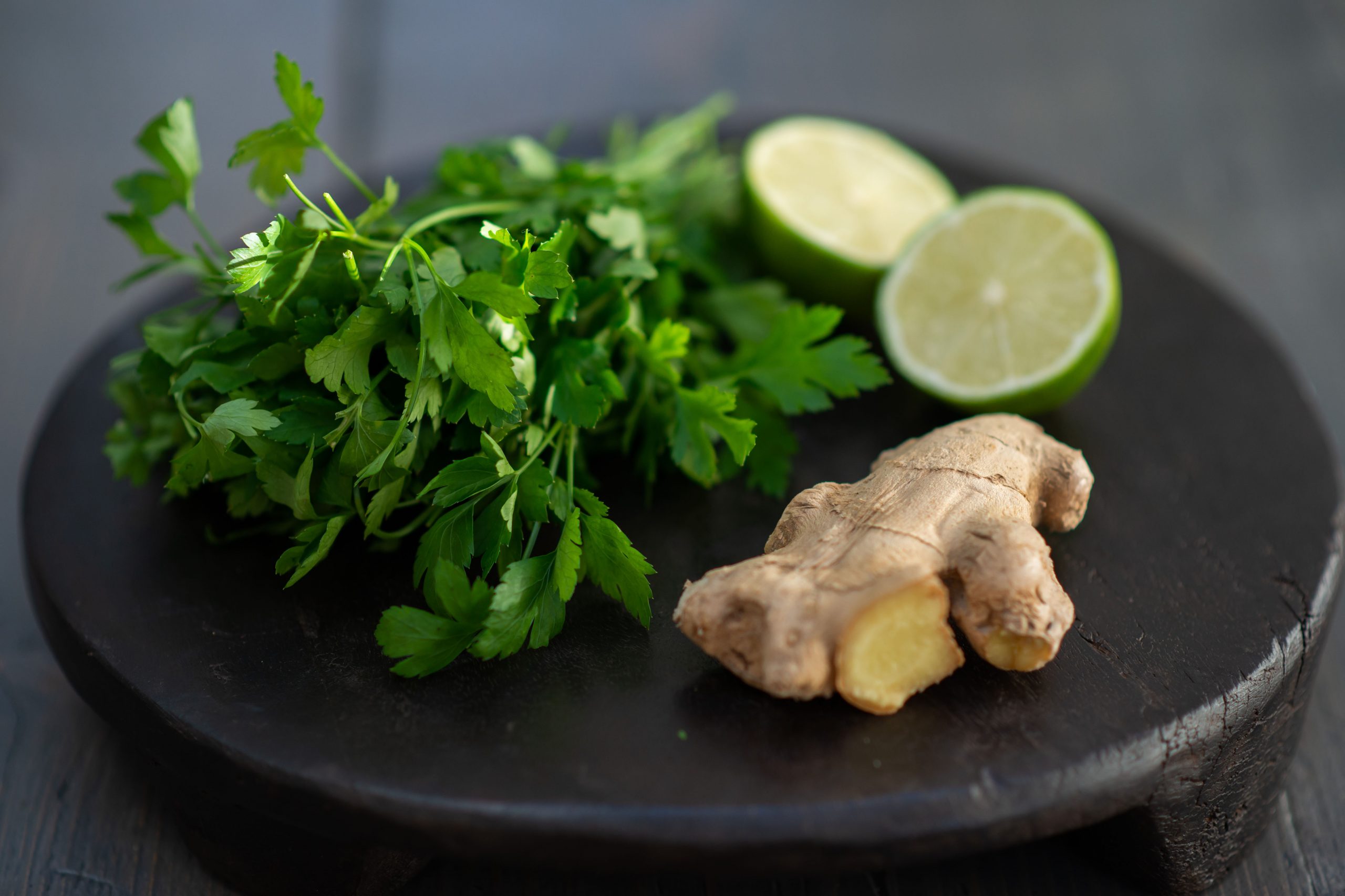
I am receiving lots of enquiries about how to support their immune system and health through the winter season. I’ve put together some information on key nutrients to consider for support and why, together with some practical suggestions of what and how much to take. There is no substitute for eating a healthy nutritious diet but if you regularly suffer from colds, flu or infections over the winter season this extra support may be useful. As always please consult your GP or health practitioner if you are already taking medication or supplements to ensure there are no contraindications.
Recent studies show vitamin D3 supports the immune response to infection and protects against respiratory tract infection especially in vitamin D deficient people1,3. UK NHS guidelines recommend 400 IU per day 2 but many researchers recommend more especially if you aren’t getting at least 10 minutes sunshine per day. I usually recommend 1000 IU but it’s always a good idea to test first. Finger prick tests are available. I use a company called FORTH but you can also ask your GP to test. Use this link to benefit from my discount code:
https://www.biomarkertracking.com/p/store/DNRMAXWELL/2/
Has been shown to stimulate antiviral immunity 4. Best taken with copper, 15mg per day should be sufficient for prevention 4. Lower serum concentration of both vitamin D3 and zinc have been detected in patients suffering with moderate Covid 19 symptoms as compared to mild or asymptomatic patients5.
Propolis honey bee resin is formed from the resins which the bees collect from trees which form part of the plants natural immune system. It contains more than 300 naturally derived bio-active compounds. These flavonoids and phenolics are what make Propolis a powerful natural defence which may soothe sore throats and support upper respiratory tract infections.
Mushrooms are fascinating powerhouses of nutrients and compounds that provide many positive health promoting actions including antiviral and antibacterial. We share 40% of their DNA making them more similar to us than plants. Many mushrooms have anti-viral properties and can inhibit viral replication. They can improve T-lymphocyte proliferation and increase Natural Killer cell activity to increase our natural defences against cancer and provide immunomodulatory benefits 6.
Quercetin is a flavonoid found in plants such as onions, brassicas, apples, grapes and berries. It is known to stimulate the immune system to generate aniviral activity and decrease pro-inflammatory cytokines and inflammatory mediators. It has also been shown to reduce the incidence of upper respiratory tract infections (URTI) due to exercise and can be utilised in URTI’s such as asthma and allergic reactions. 7
Ginger has been shown to possess anti-inflammatory benefits and positive effects on acute respiratory distress syndrome.8
Ginger tea - take a large palm sized piece of ginger and cope into a few pieces. Bash each piece to release the flavour better or grate it and boil in 1 litre of water for 30 minutes. Optional - add 1/2 tsp of ground turmeric and a tiny pinch of cayenne pepper. Once it has cooled a little you can add the juice of 1/2 a lemon about 3 tbsp. Strain if desired and pour the liquid into a flask to drink when desired.
Get in touch for more information on nutrition to support your health and immunity. Call 07740 876233 or email me at helen@helenmaxwellnutrition.co.uk. https://helenmaxwellnutrition.co.uk/contact-2/
Please use this link to access product information and immune boosting juice and smoothie receipes
https://www.dropbox.com/s/qxd4bx7lynr4ucu/IMMUNITY%20.pdf?dl=0
References1 Calder, P.C. et al. (2020) Optimal Nutritional Status for a Well-Functioning Immune System Is an Important Factor to Protect against Viral Infections Nutrients 12(4) p1181. 2 https://www.nhs.uk/conditions/vitamins-and-minerals/vitamin-d/ 3 James, P.T. et al. (2021) The Role of Nutrition in COVID-19 Susceptibility and Severity of Disease: A Systematic Review. The Journal of Nutrition;151 pp.1554-1878. 4 National Academies Press (US) (2001) Dietary Reference Intakes for Vitamin A, Vitamin K, Arsenic, Boron, Chromium, Copper, Iodine, Iron, Manganese, Molybdenum, Nickel, Silicon, Vanadium, and Zinc. Institute of Medicine (US) Panel on Micronutrients. Washington (DC) 5 Golabi, S. et al. (2021) The Association between Vitamin D and Zinc Status and the Progression of Clinical Symptoms among Outpatients Infected with SARS-CoV-2 and Potentially Non-Infected Participants: A Cross-Sectional Study Nutrients 13(10) pp. 3368.6 Chan, G.C-F. et al. (2009) The effects of beta-glucan on human immune and cancer cells; Journal of Hematology and Oncology 2(25) DOI: 10.1186/1756-8722-2-25 7 Micek, J. et al. (2016) 7 Nyguen, H.A. et al. (2020) Quercetin and its anti-allergic immune response; Molecules 623; doi:10.3390 8 Ginger on Human Health: A Comprehensive Systematic Review of 109 Randomized Controlled Trials 12(1) 157 https://doi.org/10.3390/nu12010157




